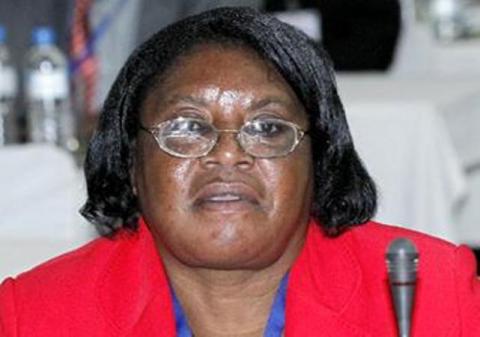The latest Report of the Auditor General on Parastatals and other Statutory bodies for the financial year ended 31st December 2013 has revealed an overall poor financial an d operational performance in most of the audited entities.
The institutions include the Development Bank of Zambia, the Judiciary, ZAMTEL, Patents and Companies Agency (PACRA),the Public Service Pension Fund Board (PSPFB), MOFED Tanzania, Lusaka Water and Sewerage Company (LWSC) and Mukuba Hotel.
Others cited are the Zambia Consolidated Copper Mines Investment Holdings (ZCCM-IH) Plc,Zambia Postal Service Corporation (ZAMPOST), Zambia National Building Society (ZNBS), the Local Superannuation Fund (LASF), Kitwe City Council, Nkana Water and Sewerage Council, Kafubu Water and Sewerage Company and Luapula Water and Sewerage Company.
The report highlights some financial and other irregularities with the highest being non-remittance of statutory contributions at K142, 500, 133, followed by inadequately supported payments at K6,479, 256 and missing payment vouchers at K5, 985, 901.
Unretired imprest stood at K3, 892, 884 while unaccounted for funds were at K997, 261. Irregular payments and wasteful expenditure ranked the lowest at K156, 611 and K26, 100 respectively.
The report also mentioned institutions that had not produced audited financial statements for the financial year ended 31st December, 2013 which include the Citizens Economic Empowerment Commission, Times Printpak Zambia Limited, Zambia Institute of Advanced Legal Education (ZIALE), ZESCO Limited, Energy Regulation Board (ERB), TAZAMA and Food Reserve Agency (FRA).
Others are the Nitrogen Chemicals of Zambia, Zambia Wildlife Authority, ZAMPOST, National Sports Council of Zambia, Mukuba Hotel, Zambia Education Publishing House, Livestock Development Trust and the Local Superannuation Fund (LASF) among others.
The failure to produce audited financial statements is contrary to the law and implies that stakeholders are not able to know the actual performance of the institutions in question.
 Q FM Africa's Modern Radio
Q FM Africa's Modern Radio
